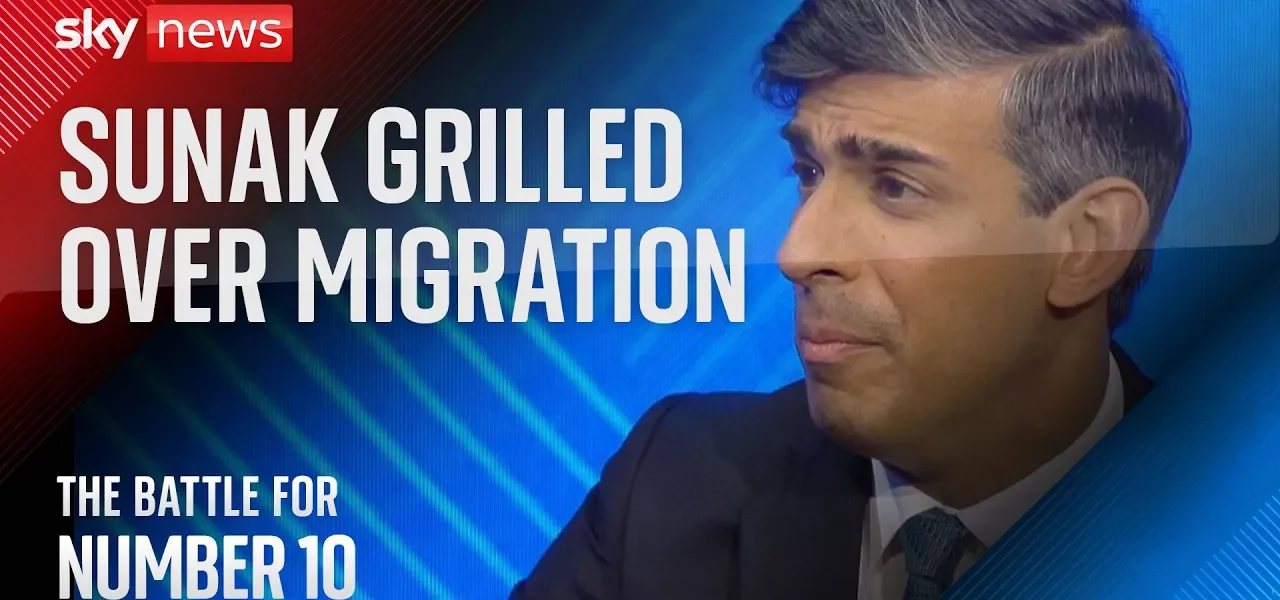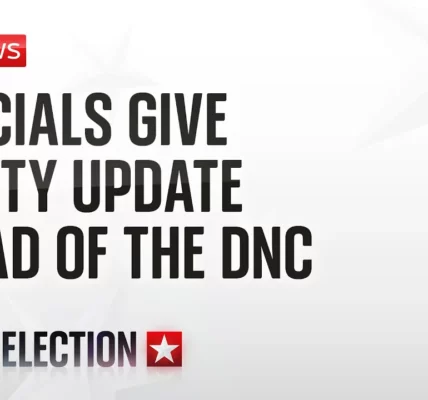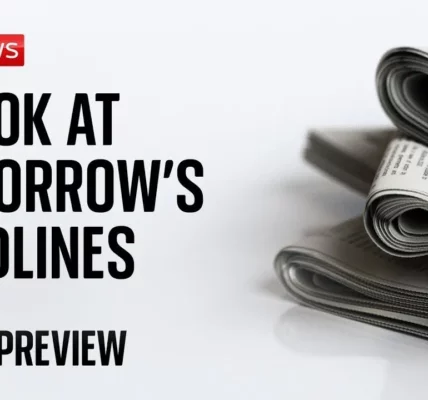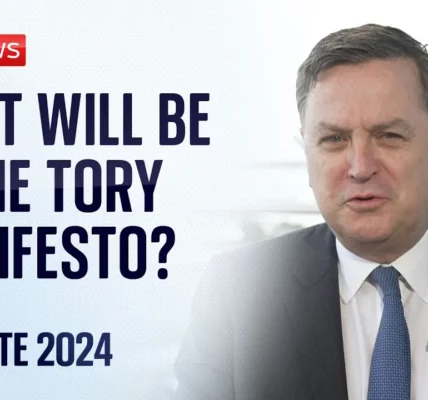Analyzing the Rising Small Boat Crossings and UK Immigration Policies

This article delves into the complexities surrounding the increase in small boat crossings in the UK, examining government responses, immigration policies, and the implications for future governance. With detailed statistics and a focus on key issues, we aim to provide a comprehensive view of the current immigration landscape.
Introduction
The issue of small boat crossings into the UK has sparked significant debate and concern. Recent statistics reveal a troubling rise in these crossings, with a record number of individuals attempting to enter the country via this dangerous route. This article explores the government’s response, including policies aimed at deterrence and management of migration. We will further investigate the implications of these policies on the overall immigration landscape and the public’s perception of immigration control.
Current Trends in Small Boat Crossings
According to recent reports, small boat crossings have surged by 40% this year, with over 11,247 people making the perilous journey. This increase has raised questions about the effectiveness of government measures aimed at controlling illegal migration.
Yearly Comparisons
To understand the current situation, it is essential to analyze the trends over the past few years:
- Last year saw a decrease in crossings by one-third.
- However, the current year presents a stark contrast, with record numbers reported.
- A significant portion of the new arrivals is attributed to a single country, Vietnam.
Government’s Strategy on Immigration
The UK government has outlined a series of strategies aimed at reversing the trend of rising small boat crossings. A key aspect of this strategy includes the utilization of international agreements, notably with Rwanda.
Deterrent Measures
The government aims to establish a deterrent effect to discourage illegal crossings. This includes:
- Regular flights for deportation to Rwanda.
- Enhanced border security and surveillance.
- Detentions of individuals attempting to cross illegally.
Planned Implementation
As stated by government officials, the first flight to Rwanda is anticipated to take off on July 24th, with a commitment to maintaining a consistent schedule of flights thereafter. The government argues that this is crucial for establishing a credible deterrent against illegal immigration.
Public Sentiment and Political Debate
The rising numbers of small boat crossings have intensified public scrutiny and political debate surrounding immigration policies. Critics argue that the government has not delivered on its promises.
Electoral Implications
The timing of upcoming elections has raised questions about the government’s commitment to addressing this issue effectively:
- Why call for an election before demonstrating the success of immigration policies?
- What assurances can the government provide to the electorate concerning immigration control?
Frustration Among Voters
Many voters express frustration over the perceived failure to manage immigration effectively. The net migration figures have more than doubled since the Brexit referendum, leading to increased scrutiny of current policies.
Future Projections and Policy Changes
Looking ahead, the government has set ambitious targets to reduce net migration significantly:
Proposed Changes
Some of the proposed changes include:
- Introducing a migration cap decided by Parliament.
- Enhancing regulations on work visas and dependent visas.
- Setting salary thresholds for work permits to control incoming migrants.
Projected Outcomes
The government projects that by implementing these measures, net migration could be halved within a year. This is a bold claim that aims to reassure the public about the government’s commitment to controlling immigration.
Conclusion
The rise in small boat crossings poses a significant challenge for the UK government, prompting a reevaluation of immigration policies and strategies. While the government presents a plan aimed at addressing these issues, public skepticism remains high. It is crucial for the government to not only implement effective measures but also to communicate transparently with the public regarding their progress and future plans. As citizens prepare for the upcoming elections, the choice between different immigration policies will play a pivotal role in shaping the future of the UK. For further insights on related topics, explore our articles on UK Immigration Trends and The Impact of Brexit on Migration Policies.
“`




